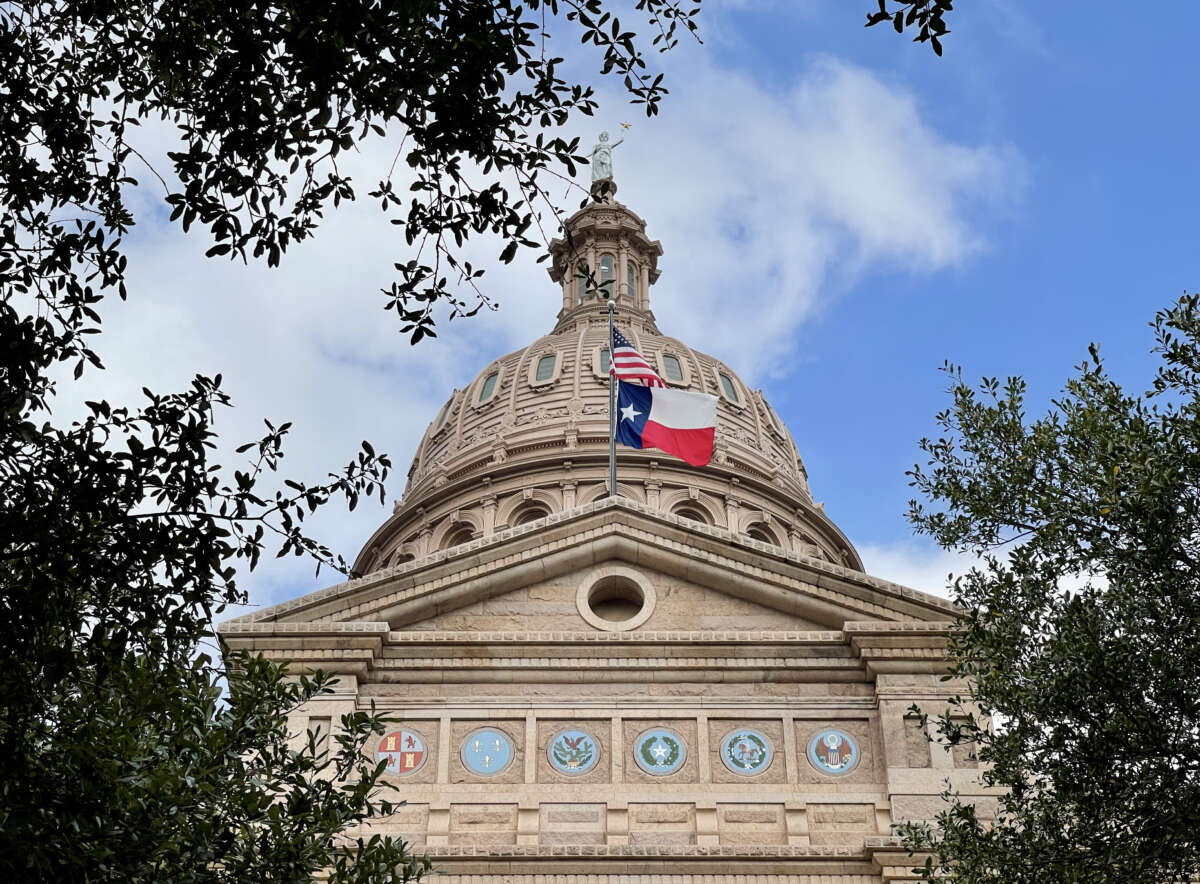After the U.S. Supreme Court overturned federal abortion protections last summer, some district attorneys in Texas vowed not to prosecute residents who seek, facilitate or provide abortions — but last Friday, a state law went into effect that could result in prosecutors being removed from office if they refuse to pursue abortion cases.
The law forbids prosecutorial discretion, a prosecutor’s ability to choose whether and how to pursue cases. Under the new law, prosecutors can be removed from office if they adopt a “policy” of refusing to prosecute particular types of crimes, including abortion-related offenses.
“This is not about seeking to see enforcement of laws,” Miriam Krinsky, a former federal prosecutor and the executive director of Fair and Just Prosecution, told The Guardian. “This is about trying to erode the rights of individuals to make choices around their own personal healthcare. And that is incredibly sad, because the collateral damage of that political agenda is the erosion of democratic principles.”
Texas currently imposes more restrictions on abortion than almost any other state; last year, a trigger ban went into effect that made performing an abortion in the state a felony punishable by life in prison. While Texas’s anti-abortion law specifically prohibits prosecuting people for having an abortion, the state has previously charged women with murder for undergoing the procedure, even before Roe was overturned.
Texas women are suing the state over the ban. “Because of the law, I very nearly died. Nothing about this is pro-life,” one of the plaintiffs in the suit, Amanda Zurawski, told NBC News. Zurawski got sepsis twice from a non-viable pregnancy after she was unable to access an abortion in the state.
Last Friday, a Texas judge issued a temporary exemption to the state’s abortion ban that would allow women with complicated pregnancies to obtain abortions. But the attorney general’s office appealed the decision to the Texas Supreme Court hours later, blocking the order from taking effect.
Meanwhile, Texas Republicans are targeting highways to stop pregnant people from seeking out-of-state abortions. Conservatives have been passing local ordinances that make it illegal to transport anyone to get an abortion on roads within the city or county limits. While these ordinances would not impose criminal charges on people who transport someone across state lines to access abortion care, they would open people helping abortion seekers to civil lawsuits. So far, two cities and two counties in the state have passed such measures.
“The purpose of these laws is not to meaningfully enforce them,” Neesha Davé, executive director of the Lilith Fund, a group that provides financial assistance and emotional support to Texans who need abortions, told Jezebel. “It’s the fear that’s the point. It’s the confusion that’s the point.”
Our most important fundraising appeal of the year
December is the most critical time of year for Truthout, because our nonprofit news is funded almost entirely by individual donations from readers like you. So before you navigate away, we ask that you take just a second to support Truthout with a tax-deductible donation.
This year is a little different. We are up against a far-reaching, wide-scale attack on press freedom coming from the Trump administration. 2025 was a year of frightening censorship, news industry corporate consolidation, and worsening financial conditions for progressive nonprofits across the board.
We can only resist Trump’s agenda by cultivating a strong base of support. The right-wing mediasphere is funded comfortably by billionaire owners and venture capitalist philanthropists. At Truthout, we have you.
We’ve set an ambitious target for our year-end campaign — a goal of $225,000 to keep up our fight against authoritarianism in 2026. Please take a meaningful action in this fight: make a one-time or monthly donation to Truthout before December 31. If you have the means, please dig deep.
